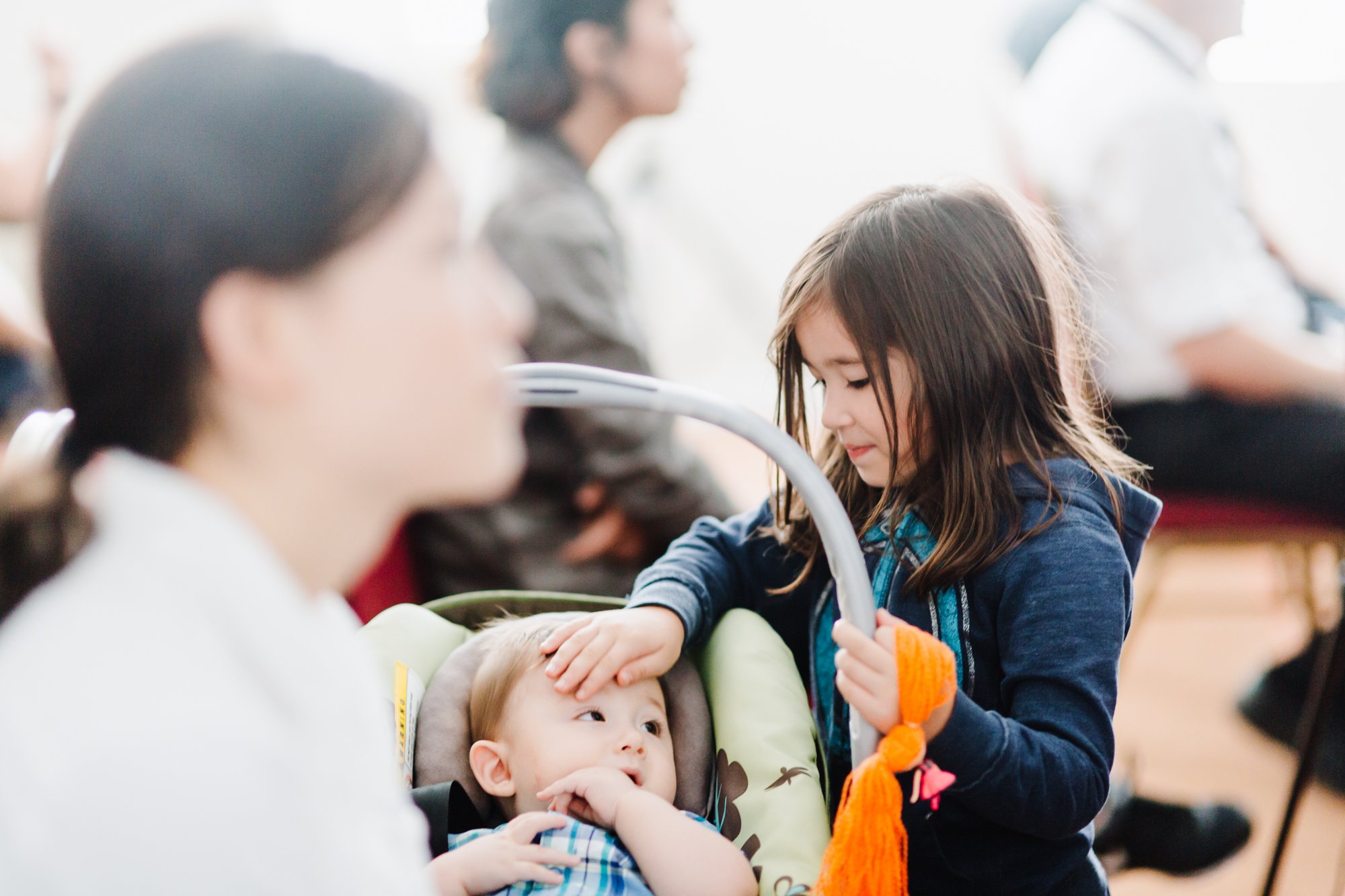Why Family Is the School of Love
By Lena Iwasaki
There are many kinds of institutions in this world. Schools are man-made institutions to obtain knowledge. Hospitals are institutions for physical healing, while churches are institutions for spiritual exploration. However, there is one that often gets overlooked because it is an institution we’re all born into—a family.
What is there to gain from the God-made institution of a family? According to the teachings of Rev. Dr. Sun Myung Moon and Dr. Hak Ja Han Moon, the family is where we learn the valuable skills needed to build meaningful and healthy relationships.
To put it in simple terms, family is the school of love.
“You need to build bonds within your family that will empower you to broaden your love for one another inside and outside the family. Your love within your family is the encapsulation of your love for your nation and the world.”
Just as we benefit from learning the difference between addition and subtraction, society at large can benefit from someone learning the importance of healthy communication, the virtue of listening, and even the art of a simple apology. The I Ching an ancient Chinese book of wisdom, reminds us that the person we are within our family is reflected in other interpersonal relationships. In this way, the family provides deep insight.
Family Is a Microcosm of Society
How a child treats her mother, father, and siblings is reflected in the ways she will treat her future spouse, friends, and community members. The I Ching describes the family as being the “microcosm of society.” You may argue that your roommate of two years is not as annoying as your brother of twenty years. While that may be true, probably the longer that relationship continues, eventually even that dynamic with your roommate will be tested.
The Four Great Realms of Heart
The Four Great Realms of Heart, according to Unificationist teachings, encompasses four major categories of relationships encountered in life that teach you to love all types of people unconditionally as God would, especially when it’s hard.
Children’s Love
The first is children’s love, and not the kind of love children have for anyone who gives them candy. This is the kind of pure love a child has for their parents and the filial piety they practice towards them. You might remember being a kid fighting about what is right and wrong because “my mom said so.” It is in the relationship with their parents that children begin to experience and understand the heart of God.
Sibling’s Love
Siblings’ love is the next level of expanding our hearts. It is the love that siblings experience growing up with and challenging one another. Love becomes more reciprocal, as children learn to give as well as receive with their brothers and sisters. If there is anyone that can win a competition for listing all of your weaknesses, it’s your siblings. They are the ones that remember the time you were too scared to go to the basement even as a senior in high school. They know exactly what to say to get a reaction out of you with surgical precision. However, it is in these fights with your siblings that you can also learn to love someone outside your family with all the complexity they may bring.
Conjugal Love
The third realm of heart is conjugal love. This is the love you share with your spouse and the only kind of love that can not be shared with anyone else. Hopefully, by now, your siblings have taught you the necessary patience to endure any challenges with your spouse. This realm of love teaches us what it means to love someone new wholeheartedly. Not as a friend, a sibling, a parent, or a co-worker, but as a life partner. It is the commitment of both individuals to something more significant than their own happiness that is the most important lesson this realm of heart teaches us.
Parental Love
The fourth realm of heart, parental love, is the love that is most similar to God’s love for humanity; the love parents have for their children. It is hard to explain what makes a mother trust and embrace her foolish son again and again regardless of past betrayals. It is just as hard to comprehend a parent’s heart when they lose a child. Without a care for anyone in the room, they may scream and cry for what seems like hours because that is the intensity they feel in their hearts. This is the kind of love you can never come close to understanding without being a parent themselves.
Love All People as Family
All these types of relationships seem daunting and tedious at first, like a never-ending checklist. However, they are what allow us to grow our hearts in order to see all people as family. Every person is worthy of being treated with the same respect and curiosity to work out our differences and challenges, just as we would with our nuclear family.
The Platinum Rule
Jesus Christ teaches humanity to love and give unconditionally, which is the whole point of true love. He urges us to love others as we would like to be loved; the golden rule. But there is actually a platinum rule. Love others as they would like to be loved. Wars, political corruption, famines, diseases, racism, and countless other problems our world faces have taught humanity otherwise. That is why without first practicing unconditional love within the nuclear unit of society, the family, this ideal is far from attainable. How do we love our neighbors as family if we do not know how to love our own brothers and sisters?


